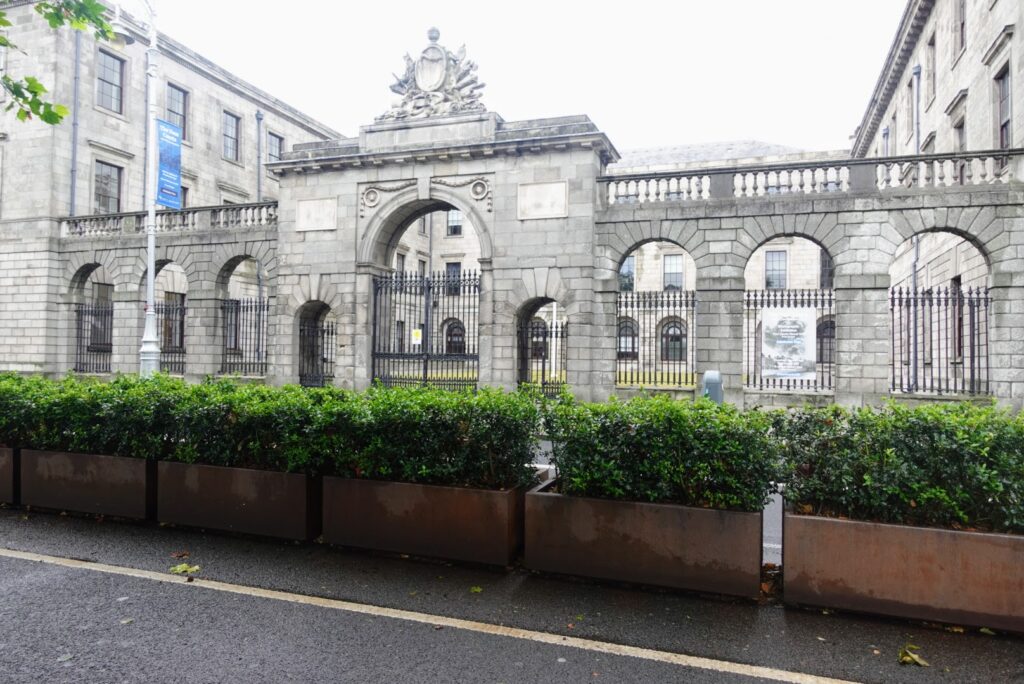
The High Court recently, for the first time in Ireland, rescinded a bankruptcy order it had previously made.
The case involved an Estonian businessman who filed a petition for bankruptcy in the Irish High Court in June 2021. The High Court granted the order and declared him bankrupt.
However, an Estonian creditor, OBI, who had opened bankruptcy proceedings in Estonia prior to the man’s application to the High Court sought to have the Irish bankruptcy order rescinded.
This was on the basis that the Estonian courts had jurisdiction, pursuant to the EU Insolvency Regulation (Recast), and an interim trustee had been appointed in Estonia.
The Irish courts, when looking at non-disclosure and rescinding or set aside orders it has previously made, will look at
- The materiality of the non-disclosure
- The circumstances of the case
- The culpability of the person who failed to make the disclosure
It is worth noting that bankruptcy applications are made ex-parte-that is, no other person is represented in court save for the applicant debtor. For this reason, the debtor applicant has a duty of good faith to disclose all relevant facts and issues.
In this case involving the Estonian debtor the High Court decided that it would not have made the bankruptcy order had it known of the Estonian bankruptcy proceedings. It determined that a material non-disclosure had occurred I the application.
The Insolvency Regulation (Recast) is authority for the proposition that the state in which insolvency proceedings are first commenced is the state which has jurisdiction and this must be recognised by other member states.
The High Court decided that it did not have jurisdiction to hear the application and rescinded the bankruptcy order it had previously made.
Conclusion
Debtors applying to the Irish High Court with bankruptcy petitions must make full disclosure of all relevant issues concerning their application. Failing to do so will see any order being in danger of being rescinded later on application by a creditor.